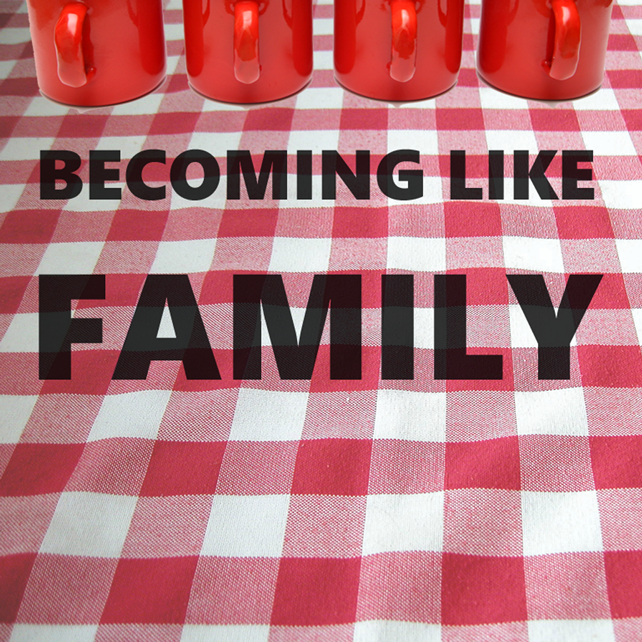We want to be a church known for generosity. Yesterday we saw two principles that a relationship with God teaches us about generosity, and we’ll see two more today.
What we have is not as important as what we keep
The third principle of stewardship has to do with attitude. This is a far more important consideration than how much money we happen to have. Stewardship has far more to do with faith than it does with money. How we look at what we have is far more important that how much we have.
Peter Marshall, who was chaplain of the United States Senate for many years, shared this true story:
There was a man who struggled to give even though he had a large income. He had long been taught to give 10% of his income away, which is called a tithe. The man said to Marshall, “I have a problem. I used to tithe regularly some years ago, but…but now…I am earning hundreds of thousands a year, and there is no way I can afford to give ten percent to the church.”
The chaplain said they should pray about it and led off, “Heavenly Father, I pray that you would reduce this man’s income back to the place that he can afford to tithe.“
Like the senator, one of the biggest lies we tell ourselves is that we will begin to give more generously when we have a little bit more. This is simply not true, the day never comes. Jesus said that those who are faithful when they have a little will be faithful when they have a lot.
The time to learn giving is when we have a little. It becomes increasingly difficult as our prosperity increases…remember those cords around our hearts.
How much we give is not as important as how much we keep
One day as Jesus sat in the temple with his disciples people came by with their offerings for the temple. Some of the people were quite rich, and they made sizeable donations. Among them was a poor widow who dropped in her gift of only a few pennies. Perhaps someone laughed…Jesus pointed out that this widow had actually given more than all the others.
Seeing their surprise at his remark he explained that all the others given from their wealth. They still had lots left. But this woman had given out of her poverty. She had nothing left. In the eyes of God her gift amounted to more than theirs. God evaluates things differently from the way we do. In this matter of financial stewardship it is important for growing Christians to remember how much we hold back is far more important than how much we give. Once again the issue comes back to whether or not we will allow Jesus to free us from the power of money and are we willing to trust God.
These same questions apply to how we use our time and how much of our time we are using to further God’s work around the world. How much time do we keep for ourselves and how much time do we give to God and those he loves?
Think of a child’s allowance. The parents don’t really give a child money because he needs it. They provide everything he needs. And they don’t ask him to give to charity, buy gifts for others, etc. because he has too much. They do it to teach him something, to shape and guide him for the future.
Question: Based on these two stories, what do you think God is training people for? What’s the end goal?
Reminder: Earlier in this series, we saw the importance of reading the Bible together in sync, so our new daily bible readings start today in our mobile app and web site.
Read the Bible in Sync Today
Ryan Sim - November 28, 2013
Thursday - Act On It - Generosity in Resources
From Series: "Becoming Like Family"
This series looks at becoming “like family” with others learning to follow Jesus. We're exploring how the church is not a building, institution or event, but a community of people. It's important that explore what church means as we prepare to launch a new church in Ajax in 2014.

